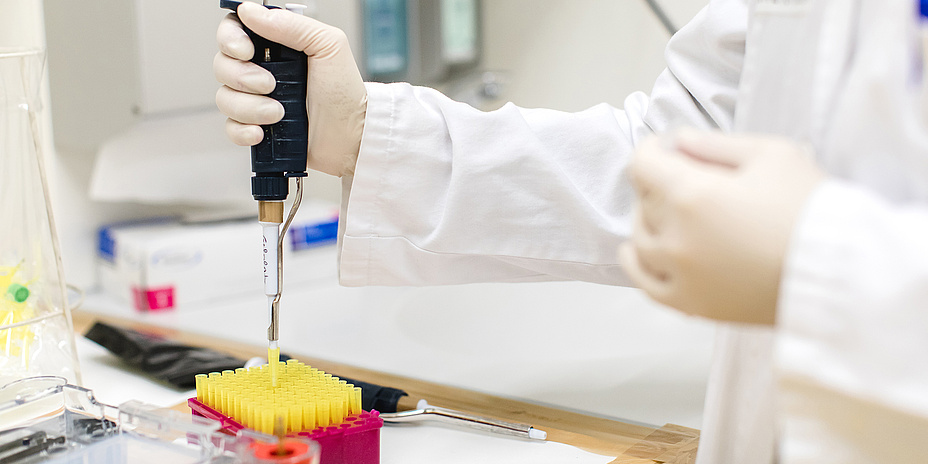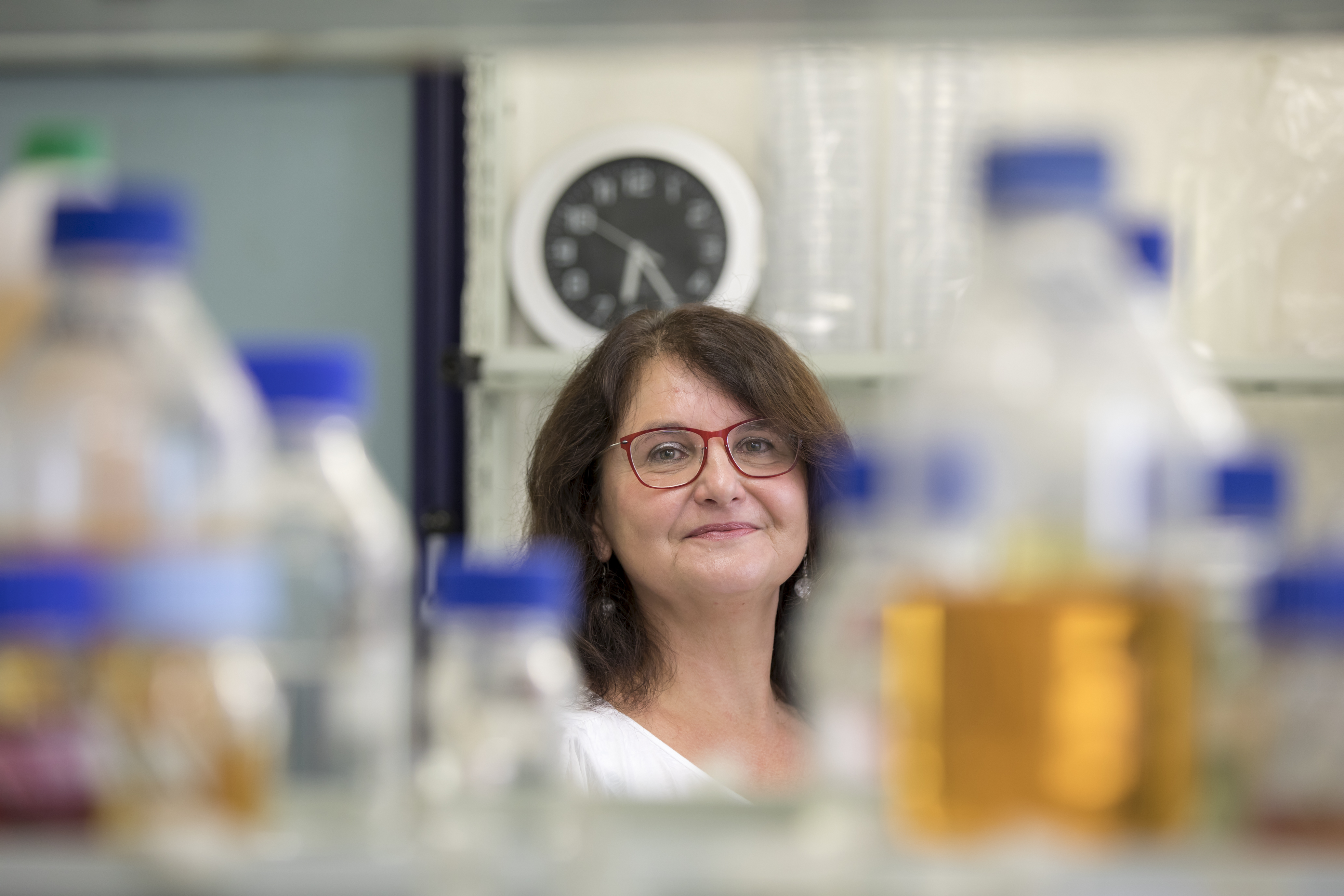Excessive hygiene promotes resistance to antibiotics

Additional pictures for download at the end of the text.
The number of people who die from antibiotic-resistant germs is increasing worldwide. The World Health Organization WHO considers the spread of antibiotic resistance and appropriate countermeasures as one of the most important global challenges nowadays. Against this background Gabriele Berg, who heads the Institute of Environmental Biotechnology at TU Graz, has initiated an interdisciplinary cooperation project called Plant-associated microbial communities in indoor environment which is funded by the Austrian Science Fund (FWF). The research group investigated microbial control – the degree of cleaning and hygiene measures – and how it influences the development of resistances. Research was carried out together with national partners of the Medical University of Graz in the framework of the BioTechMed-Graz inter-university cooperation and international partners. The results of the research have just been published now in Nature Communications.
A comparison of environments varying in their degree of microbial control
The researchers compared the microbiome and the resistome - i.e. all existing microorganisms and antibiotic resistances - at the intensive care unit of the Department of Internal Medicine at University Hospital Graz with clean rooms operated by the aerospace industry and public and private buildings. The analyses show that microbial diversity decreases in areas with high levels of hygiene but that the diversity of resistances increases. ‘Built environments with strong microbial control like the intensive care unit and industrially used clean rooms show high proportions of antibiotic resistances which have the potential to get transferred into pathogens,’ explains Dr Alexander Mahnert, director of studies at the Institute of Environmental Biotechnology of TU Graz, who is currently conducting research at the Medical University of Graz.
Results provide new approaches to prevent resistances
The results indicate that a stable microbial diversity in clinical areas counteracts the spread of resistances. ‘The microbial control of pathogens is already established in cultivated plants and also in humans in the framework of stool transplantation. Our study provides an initial foundation to pursue such ideas in indoor areas in the future,’ says Berg. Regular airing, houseplants, the deliberate use of beneficial microorganisms and the reduction of antimicrobial cleaning agents could be the first strategies in maintaining or improving microbial diversity.
In a subsequent step, the research team at TU Graz would like to develop and implement biotechnological solutions for a tailor-made microbial diversity.
Cooperation partners:
Institute of Environmental Biotechnology at TU Graz; Department of Internal Medicine of the Medical University of Graz; BioTechMed-Graz; Centre for Microbiology and Environmental Systems Science, University of Vienna; Department of Life Sciences, Ben-Gurion University of the Negev Israel, Centro Nacional de Biotecnologia, CSIC, Madrid, Spain
The research project Plant-associated microbial communities in indoor environment is anchored in the Field of Expertise “Human & Biotechnology”, one of five research foci of Graz University of Technology.
Kontakt
Gabriele BERG
Univ.-Prof. Dipl.-Biol. Dr.rer.nat.
TU Graz | Institute of Environmental Biotechnology
Tel: +43 316 873 8310 | gabriele.berg@tugraz.at
Alexander MAHNERT
Dr. techn. Msc. Bakk. rer. nat.
Interactive Microbiome Research
Medical University of Graz
Tel: +43 316 385 72815 | alexander.mahnert@medunigraz.at




